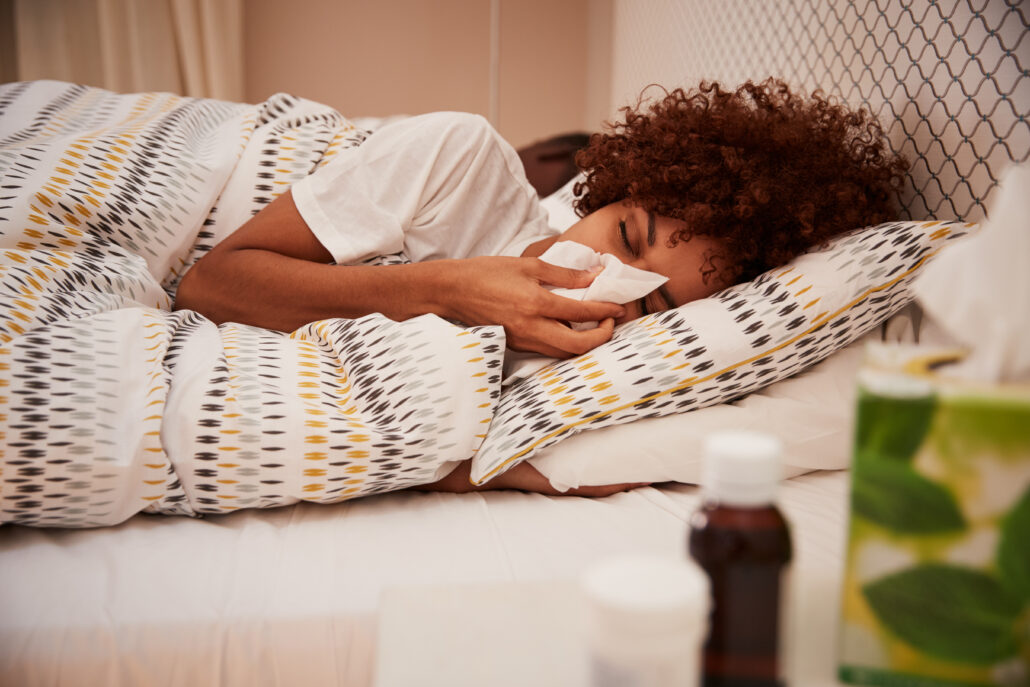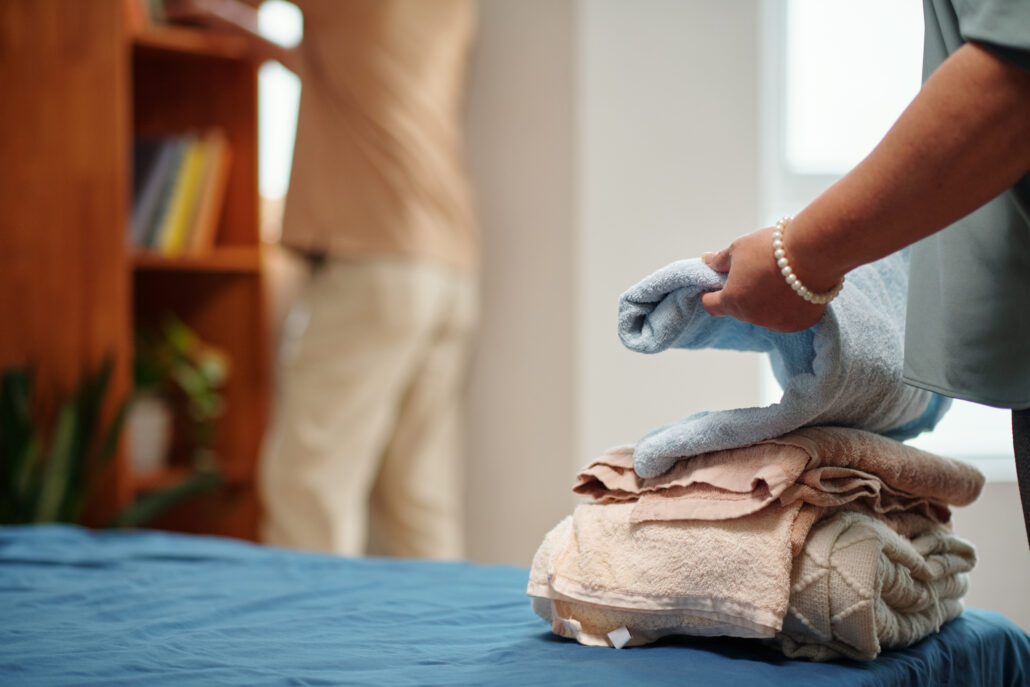
Hello, summertime. What makes this season so enjoyable – warm temps and more daylight – can have a downside: It can keep you from sleeping well. That goes for your kids too. Make the most of the season by following these sleep tips for summer. Bonus: You’ll feel more energized to tackle that summer bucket list. Now, who’s ready for summertime zzz’s?
Some Don’t Like It Hot
Why is it so much harder to sleep when it’s a little warmer than normal (or a lot warmer)? Your body is hardwired to slide into sleep when it’s cooler. In fact, as part of your body’s pattern of wakefulness and sleep, called your circadian rhythm, your internal temperature drops slightly as bedtime draws near. This natural decrease in temperature signals your brain, “It’s about time for bed, right?” But dropping your internal temperature is more difficult if the atmospheric temperature high, and even harder if there’s humidity in the mix too.
Goodnight Moon, Goodnight Sun
But it’s not just summer’s higher temps that keep you restless, it’s also the sunlight. Depending on where you live in the U.S., you’ll be getting not just a few minutes, but a few more hours of sunny rays. All that daylight is great for spending time outside and making the most of your summer vacation. But it’s harder to fall asleep when it’s bright outside earlier in the morning and later in the evening. That’s not to say you should mourn summertime – just the opposite – but you may have to follow a few strategies when it’s sunny to get to sleep, and stay asleep.
Summer Sleep Suggestions
The summer heat shouldn’t be the reason why your quality sleep should sink to the bottom of the swimming pool. Here are some tips designed just for the season that can help you snooze more soundly.
- Blind the sun. Opt for blackout curtains on all your bedroom windows (no more annoying sunlight at 5 a.m., plus your room will stay cooler day and night.)
- Take a cold shower before bed. Help yourself out by taking a quick, cool shower before bedtime. Plus, it’ll help you relax too.
- Chill out your bedroom. Try to keep your bedroom at 65 degrees Fahrenheit. Use a rotating fan to circulate the air in your bedroom. Also, consider investing in cooling bedroom products, such as pillows, sheets and even mattresses.
- Pack on the ice. Keep a glass or water bottle filled with icy cool water next to your bed. Drink a little cold water before bed to lower your internal body temp.
- Go spread eagle. Your sleep position may be making you warmer. Always sleep curled up in a ball? Maybe it’s time to try sleeping with your arms and legs spread out, which helps release your body heat, instead of retaining it.
- Sleep solo. Nothing personal, but your partner may be adding to the higher bedroom temps too.
- Get naked. Your pajamas may be trapping heat close to your body making it harder to sleep. Look for pajamas in light, breathable fabrics. Or nix the PJs altogether.
Sources:
- https://www.ncbi.nlm.nih.gov/pmc/articles/PMC3427038/
- https://www.webmd.com/sleep-disorders/what-happens-body-during-sleep#1
- https://www.sleepapnea.org/40-tips-for-sleeping-during-a-heat-wave-when-you-dont-have-ac/
- https://lifehacker.com/this-graphic-shows-you-how-to-stay-cool-while-you-sleep-1718246417
- https://sciencing.com/many-hours-daylight-summer-8196183.html
- https://www.forbes.com/sites/brianbrettschneider/2018/06/14/summer-solstice-daylight/#14d12aad22b4
This blog provides general information about sleep and sleep products. The words and other content provided in this blog, and in any linked materials, are not intended to replace a one-on-one relationship with a qualified heath care professional. This blog should not be construed as medical advice or used to diagnose, treat, prevent or cure any disease or condition. If the reader or any other person has a medical concern, he or she should consult with an appropriately-licensed physician or other health care professional. This blog is not a substitute for professional medical advice, diagnosis or treatment, and should not be relied upon to make decisions about your health or the health of others. Never disregard professional medical advice or delay in seeking it because of something you have read on this blog or elsewhere on bettersleep.org. If you think you may have a medical emergency, immediately call your doctor or dial 911.



